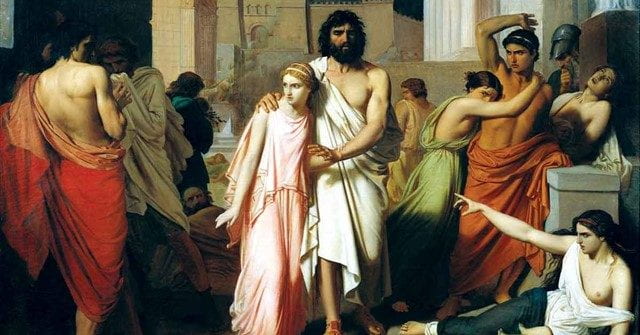Why Classics: Antiquity Lives on in Modern Society
By Ryan Burns
Latin was a compulsory class in sixth grade, and no one was excited. “Isn’t it a dead language? What’s the point of learning Latin if we can never speak it,” my fellow students would say. I was one of these people. When we got to class, we started learning an endless list of vocabulary on body parts and animals, and…



